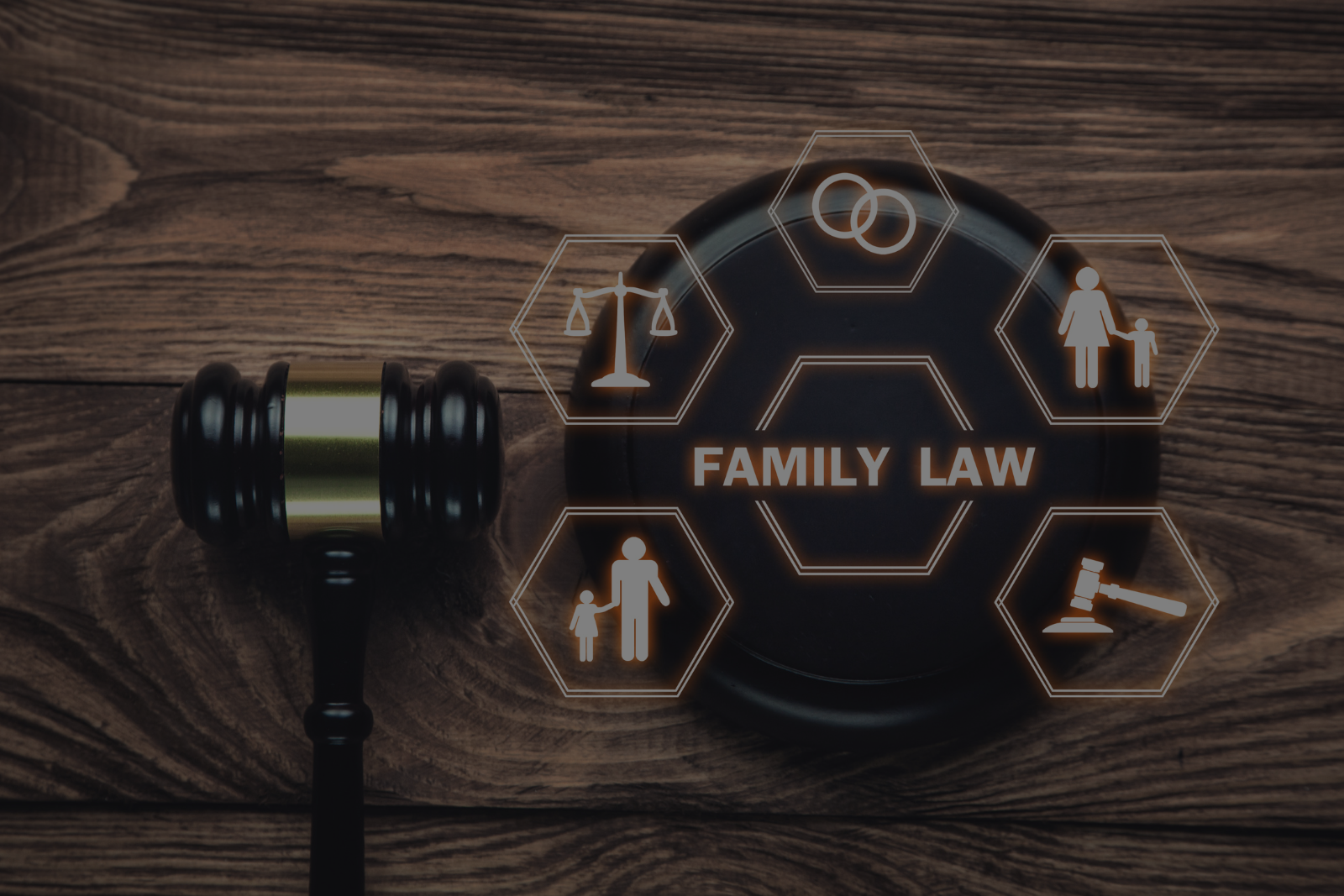How are pets classified by the Courts in family law proceedings?
If parties involved in a divorce or separation are not able to amicably settle their family law matter, the Court will treat pets as part of the property settlement. The pets are treated as “property” as opposed to living beings in this respect, and as such are treated in this manner when deciding who will take responsibility for the pet.
The Court will generally not take into account the financial value of the pet, with the exception being income producing animals such as racehorses, cattle and sheep.
However, if the pet was for the benefit of children to the marriage, then the pet will usually live with the children, and will follow them between households, with expenses shared equally between both parties. If the pet was not purchased for the benefit of the children, or if there are no children to the relationship, then the Court will identify who is the legal owner of the pet, and why the pet was purchased. In order to understand how pets are treated in family law matters, we look at the case of Downey and Beale [2017].
The case of Downey & Beale [2017]
In this case [3], the husband and wife reached an agreement on every aspect of their family law matter, except where the family dog was concerned and who was the rightful owner of the pet. The facts of the case are as follows:
- The wife declared herself as the rightful and legal owner of the pet, as per s78 of the Family Law Act 1975 where parties to a marriage declare that they have a right to an item of property.
- The Court noted that the husband was registered to the dog, so by a legal right it was his. However, the Court also identified that the registration had occurred after the family law matter had begun. Resulting from this discovery, the Court did not accept the husband’s submission that he was the rightful owner on this ground.
- Another issue arose, as the dog was purchased by the husband using his own money as a gift to the wife in 2011 when the parties were dating, but not living together. The Court noted that during this period of dating, the dog stayed with the wife and her parents in their house. This was relevant, as it further displayed that the pet was a gift to the wife.
- Following the separation of the parties, the dog kept living with the wife.
The decision
In weighing up the facts of the case, the Court ultimately ruled in favour of the wife, with his Honour making the finding that: “ultimately, on the evidence that is available and applying the rules of evidence thereto, I accept that the wife was the owner of the dog… irrespective of who paid for the creature, it was purchased for her as a gift”. As such, the purchase of the property as a gift demonstrates how the Court identifies pets as part of the property settlement, irrespective of the best interests of the pet(s).
Downey’s impact on family law proceedings identifies the way in which the Court perceives pets not as loved members of the family, but rather as property which can be gifted, sold or transferred.
Will pets always be treated as property in family law matters?
There has been a shift in recent months in family law cases internationally regarding the status of a family pet. New laws came into effect on 5 January 2022 in Spain [4] where pets are no longer property in the context of family law proceedings, but instead are recognised as ‘sentient beings’ and treated as a legal family member.
Spanish Courts no longer identify pets being an object, but rather they take into account the best interests of the pet over any legal ownership. Similar decisions have been made in both France and Portugal, which have been at the forefront of animal welfare matters. As such, with the new decision, pets can no longer be abandoned, seized, or mortgaged in family law proceedings. This echoes the same sentiment for children whereas the Court will look into what the ‘best interests of the pet are’.
In Australia, pets are still treated as property in family law proceedings, however the increased awareness towards animal welfare and what is in the best interests of the animal and the shift towards the rights of animals in family law cases internationally, could see this change in the future.
How to best protect your pets in the event of separation
If you are concerned about what may happen to your pet(s) in the event of a separation, it is recommended to:
- keep records indicating who paid for the pet at the time of purchase;
- keep records (credit card statements, receipts etc.) of any expenditures spend on the pet (food, clothing, medicine etc.);
- have the pet listed in your name at your vet (Noting from Downey, having it registered in or around your separation will not have the desired effect); and/or
- keep records of who pays for the vet bills.
Speak to an experienced family lawyer
If you are experiencing any difficulties negotiating a property settlement, including who will take possession of the family pet(s), or any other family law matters, get in touch with one of our experienced and friendly Sydney Family Lawyers on 02 9262 4003 for a confidential discussion or submit an online enquiry.
REFERENCES
[1] Animal Medicines Australia Report: https://animalmedicinesaustralia.org.au/wp-content/uploads/2021/08/AMAU005-PATP-Report21_v1.4_WEB.pdf
[2] ABS released data on 24 November 2021 taken from samples during 2020. Marriage and Divorces, Australia https://www.abs.gov.au/statistics/people/people-and-communities/marriages-and-divorces-australia/latest-release
[3] Downey & Beale [2017] FCCA 316
[4] https://perma.cc/KFF4-82XR
The content of this article is intended as a general guide to the subject matter. For specific legal advice about your individual circumstances, please contact our experienced lawyers.
Jack works as a Paralegal for Ivy Law Group. Since joining the firm, Jack has developed a genuine interest in Commercial and Family Law. Jack assists our lawyers with a variety of tasks in both family and commercial law and regularly conducts legal research for the firm.





